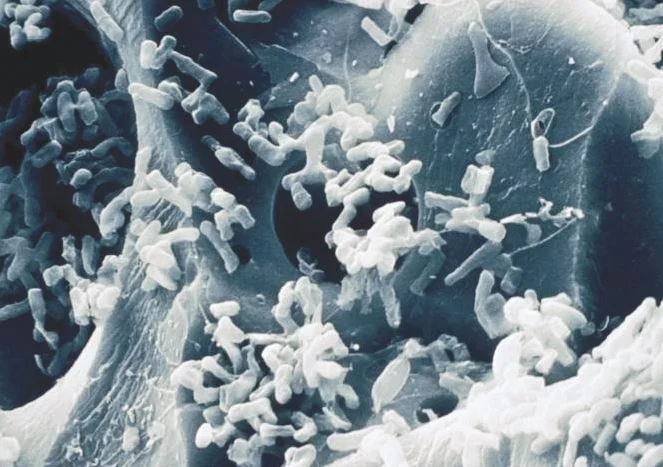Biological Filtration:
The use of bacteria and natural biological processes to remove contaminants from water.
Bio-oxidization:
When a substance has been oxidized by bacteria.
Chloramine:
A chemical created by the reaction between ammonia and chlorine. Used as a disinfectant in drinking water distribution systems.
Chlorine Demand:
A way of describing the minimum amount of chlorine that is needed to disinfect a water sample. The more contaminants there are the higher the chlorine demand will be because chlorine is used up as it removes contaminants from water.
Contaminant:
A substance that is undesirable and/or harmful and has a higher than acceptable concentration, or is found somewhere that it should not be found.
Dilution:
Reducing the concentration of a chemical. For the purposes of OWB this is accomplished by increasing the volume of the chemical solution by adding water.
Disinfection / Chlorination Byproducts:
The results of using chlorine to remove contaminants from water. Chlorine reacts with other substances in water and they form other chemicals called byproducts. It can be dangerous if they build up in drinking water supplies.
Disinfect:
The act of destroying harmful microorganisms
Free Chlorine:
Chlorine that has not yet reacted with any contaminants. The kind of chlorine added to drinking water supplies and swimming pools for the purpose of disinfection.
Floc:
A set of particles that were once suspended in a solution but are now stuck together in a larger clump. Created by flocculating chemicals or by some kinds of bacteria.
Iron Bacteria:
A kind of bacteria that are specialized to gain energy from performing bio-oxidization reactions on iron. These bacteria grow anywhere that there is iron in water and often appear in drinking water supplies. It is possible to use iron bacteria in the water treatment process to remove iron from the water.
Oxidized:
One of the results of an oxidation-reduction chemical reaction. A substance becomes oxidized by combining with oxygen and taking an electron from another substance.
Reduced:
One of the results of an oxidation-reduction chemical reaction. A substance becomes reduced when it gives an electron to another substance.
Total Chlorine:
The combination, or sum, of the chlorine that has not yet reacted with any contaminants (free chlorine) and the chlorine that has reacted with something (chloramine and other chlorination byproducts).

